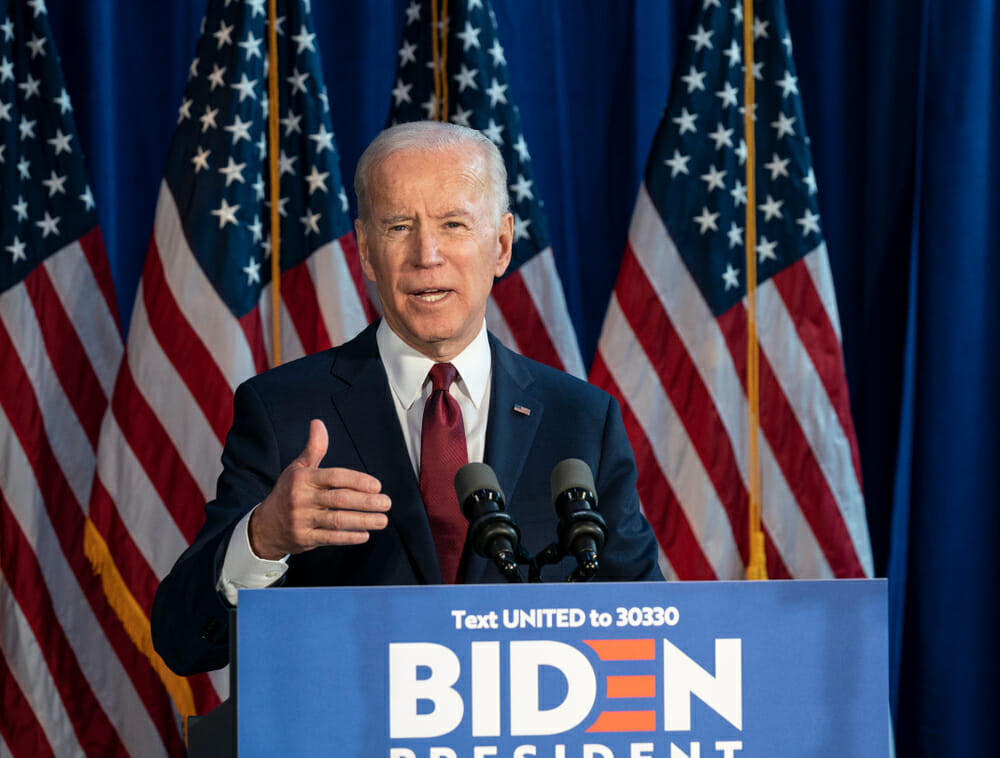President Joe Biden and House Republicans have reached a tentative understanding to elevate the U.S. debt ceiling, preventing a significant default. The agreement, confirmed by House Speaker Kevin McCarthy, was forged during a phone conversation between Biden and McCarthy. This arrangement requires approval before June 5 to ensure the U.S. can fulfill its financial commitments.
McCarthy sees the pact as beneficial for the American public, despite additional work that lies ahead. Biden acknowledges that the deal represents a concession that protects crucial priorities and legislative accomplishments.
If the deal successfully navigates through Congress and becomes law, it will avoid an unprecedented economic crisis. A default by the U.S. government could spark a global recession and workforce reductions. Additionally, the agreement postpones the next debt ceiling confrontation until after the 2024 elections.
Challenges may surface throughout the process, with expected resistance from both the progressive and conservative factions. Some conservative members within the Republican Party have voiced concerns about the deal, while others hold a more hopeful outlook.
US debt ceiling deal ready for Congress vote, Joe Biden says https://t.co/r91yUY8dDq
— BBC News (World) (@BBCWorld) May 29, 2023
The deal entails raising the debt ceiling for two years and enforcing a limit on non-defense spending. Compromises have been reached concerning employment prerequisites for recipients of food assistance. The agreement gradually imposes time constraints for food aid recipients aged up to 54, with exemptions for veterans and the homeless. The stipulations for Medicaid and adjustments to the Temporary Assistance for Needy Families program remain unaltered.
Negotiators will persist in refining the legislative language, with McCarthy anticipating a House vote on Wednesday. The deal is designed to curtail expenditures and establish a 1% top-line value for the next six years. It also integrates employment requirements for the Supplemental Nutrition Assistance Program (SNAP) and Temporary Assistance for Needy Families (TANF).
The urgency to conclude an agreement intensifies as the U.S. approaches the brink of default and economic turmoil. Treasury Secretary Janet Yellen underscores the necessity of addressing the debt ceiling by June 5. The timeframe is tight, and negotiators are under considerable pressure.
While predictions about the debt ceiling are imprecise, Congress must act promptly to avert potential financial upheaval. The preliminary deal instills hope about sidestepping a momentous default and ensuring the nation’s financial stability.
Image Source: lev radin / Shutterstock































